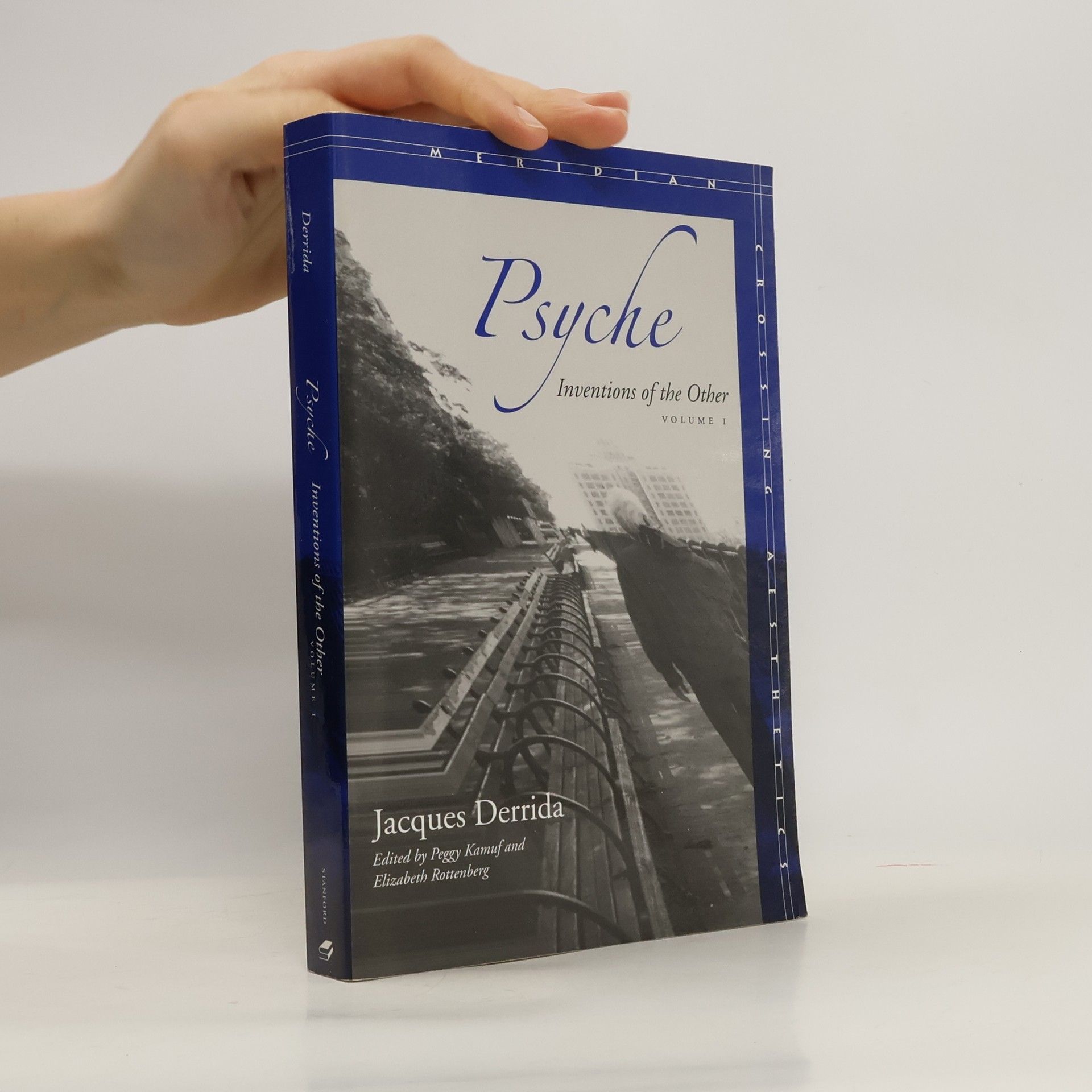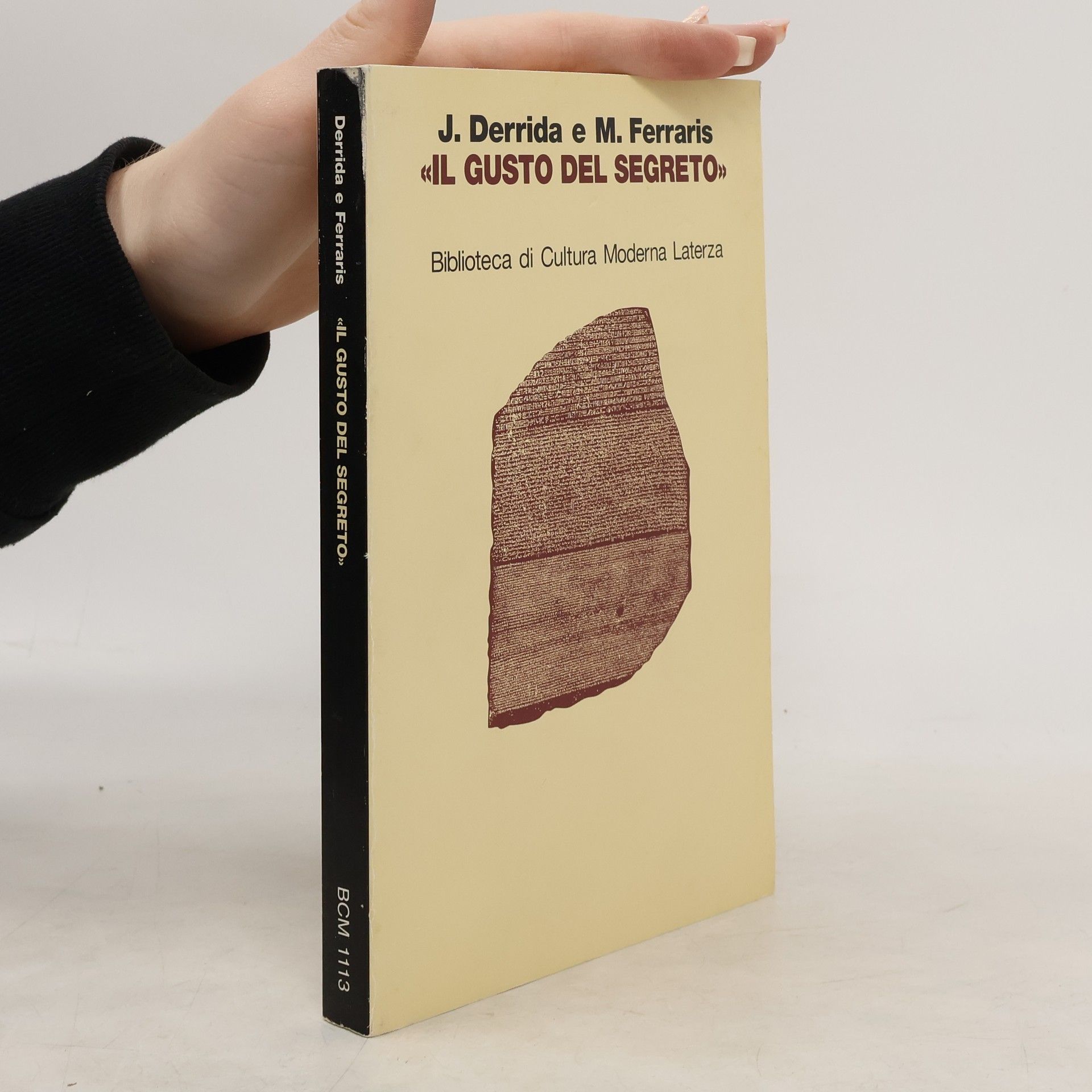Il gusto del segreto
- 180pagine
- 7 ore di lettura
«Se la trasparenza dell'intelligibilità fosse assicurata, distruggerebbe il testo, mostrerebbe che non ha avvenire alcuno, che non deborda il presente, che si consuma immediatamente; dunque una certa zona di misconoscimento e di incomprensione è anche una riserva e una possibilità eccessiva – una possibilità per l'eccesso di avere un avvenire, e di conseguenza di generare nuovi contesti. Se tutti possono capire subito quel che voglio dire non ho creato alcun contesto, ho meccanicamente risposto all'attesa, ed è tutto lì, anche se la gente applaude e magari legge con piacere; poi, chiude il libro, ed è finita».



